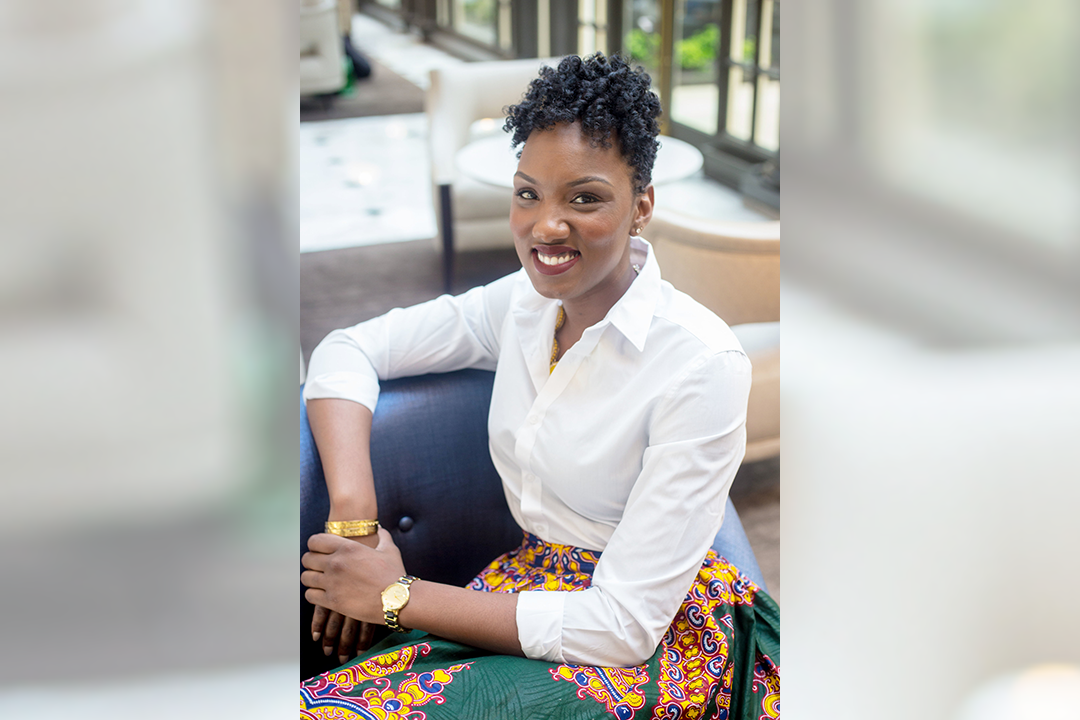By Tatyana Hopkins
Aaron Myers, a D.C. based jazz musician and activist, feels like he has been dealt a double blow.
He said between coping with the hardships presented by the COVID-19 pandemic and the stress of the recent string of protests in the city against racial injustice and police brutality, he and other members of the city’s cultural community, particularly those from marginalized communities and communities of color, feel overwhelmed.
“Many of us have been asked or called upon by a number of entities to provide our art, music, voices and creativity to the movement while also being devastated physically, financially and mentally from COVID,” Mr. Myers said.
Thankfully, he said, he has been able to take advantage of “Care for Creatives,” a new program offered through the George Washington University Community Counseling Services Center within the Graduate School of Education and Human Development. The program is aimed at providing affordable mental health services to members of the D.C. creative community.
Under a new partnership with the D.C. Office of Cable TV, Film, Music and Entertainment and Creative Affairs Office, the GW Community Counseling Services Center is offering pay-what-you-can mental health services to cultural workers in the District.
“We all need help sometimes,” said Maryann Lombardi, associate director of the D.C. Creative Affairs Office. “Our creative community gives so much of themselves to the work they do and the audiences they connect with. This partnership hopes to give a little extra support back to them.”
Through the program, arts and cultural workers are matched with a clinical intern to support them through a solution-oriented therapy approach. All services are confidential and provided through tele-health.
“Establishing this partnership builds on our commitment to make a difference in the D.C. community, while also providing our students with invaluable experience,” said GSEHD Dean Michael Feuer. “At a time of such great need within the creative community, the connection of scholarship, practice and community engagement is more important than ever.”
Historically, cultural workers, who are often gig workers left with no recourse when their venues close, have often faced disproportionate economic disparities during recessions.
Mr. Myers is the board chairman for the Capital Hill Jazz Foundation, a group whose mission is to make full use of jazz as a strategic tool of economic development in the city, provide educational programming for musicians and advocate for increased economic resources for members of the community and the venues and organizations that support them.
“The average pay for a gig for many musicians is only about $100 for three hours,” Mr. Myers said. “There’s not much room for savings, and with the rising costs of rent and mortgages here, it has been extremely difficult in this time. This pandemic is devastating people who have not been in a position to save money and people who have not been in a position to afford healthcare.”
But he said the Care for Creative program is a great step in the city recognizing and supporting the creative community.
“I have found the program to be extremely helpful to me during this time,” Mr. Myers said. “I would hope and encourage other creatives to take advantage of it.”
The Creative Affairs Office aims to showcase and preserve D.C.’s rich creative communities throughout all eight wards of the city and build sustainability in the city’s creative community through policy, programming and education that expand the pathway to the middle class for the creative workforce. The office coordinates public, private and community partnerships to accomplish all goals and create equitable and inclusive opportunities for D.C.’s creatives.
“Having a resource that supports creatives within the District to insure there is equity and access to mental health assistance during these times for everyone is crucial,” said Angie M. Gates, director of the Office of Cable TV, Film, Music and Entertainment.
The GSEHD Community Counseling Services Center, which offers low-cost services to students and community members in the greater D.C. area, expanded its services for the partnership.
“We have never offered a brief, crisis-stabilization service,” said Mary DeRaedt, director of the school counseling master’s program and associate professor of counseling and human development.
She said while practicum students typically begin in the summer and fall of each year, this year in particular, the school saw a large increase in the number of trainees to be providing services.
Those interested in the #CareForCreativesDC initiative should email CCSCFoggyBottom gwu [dot] edu (CCSCFoggyBottom[at]gwu[dot]edu) for information.
gwu [dot] edu (CCSCFoggyBottom[at]gwu[dot]edu) for information.




